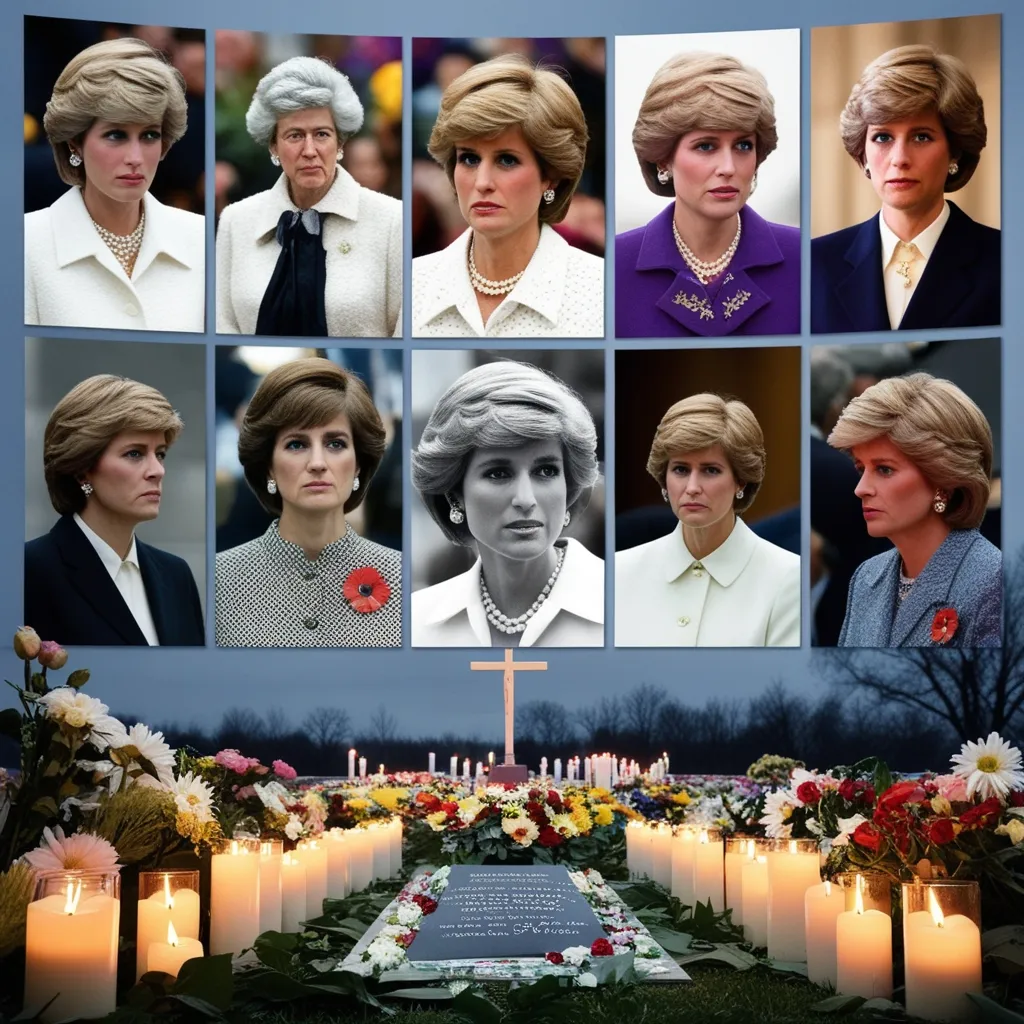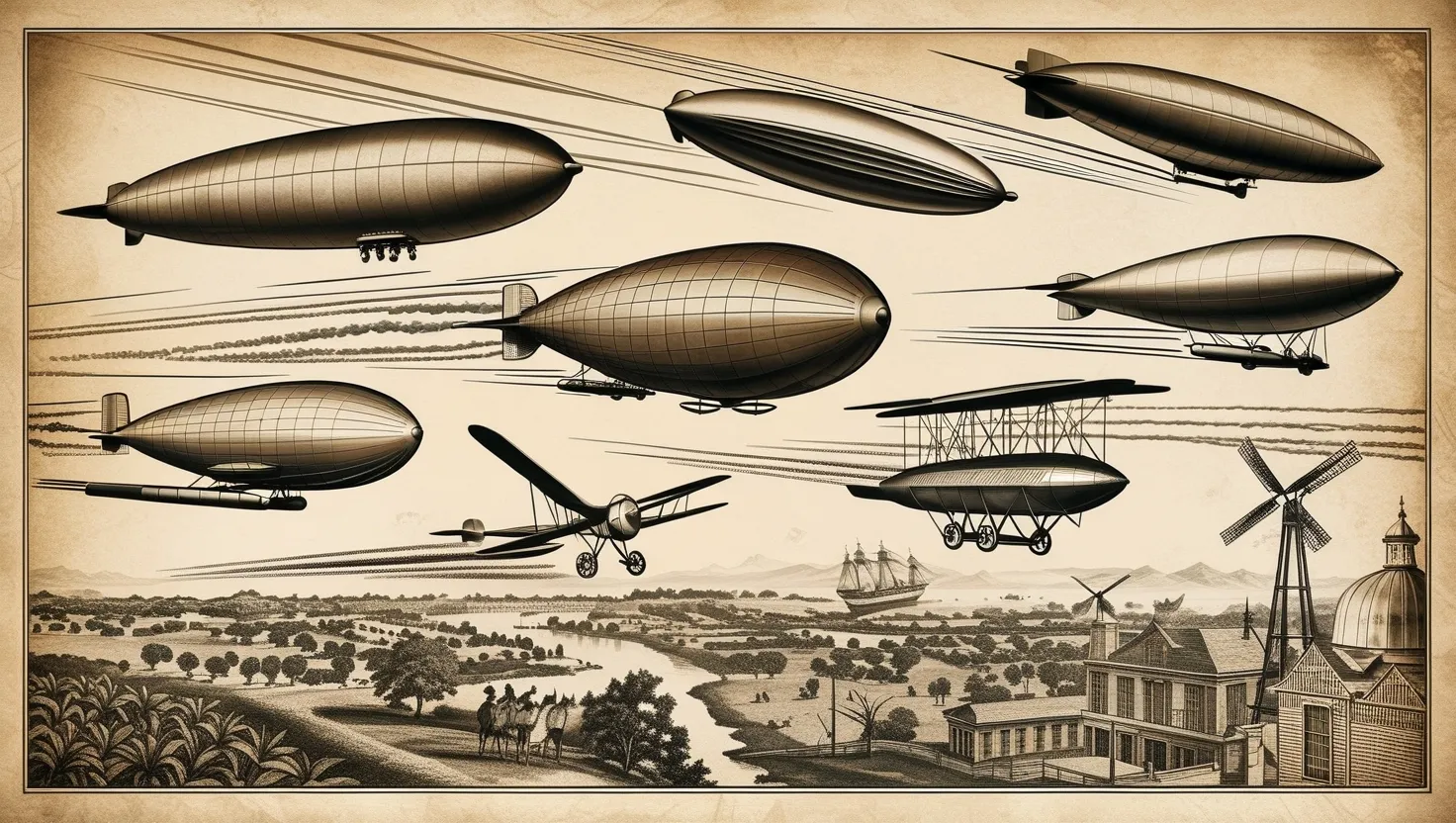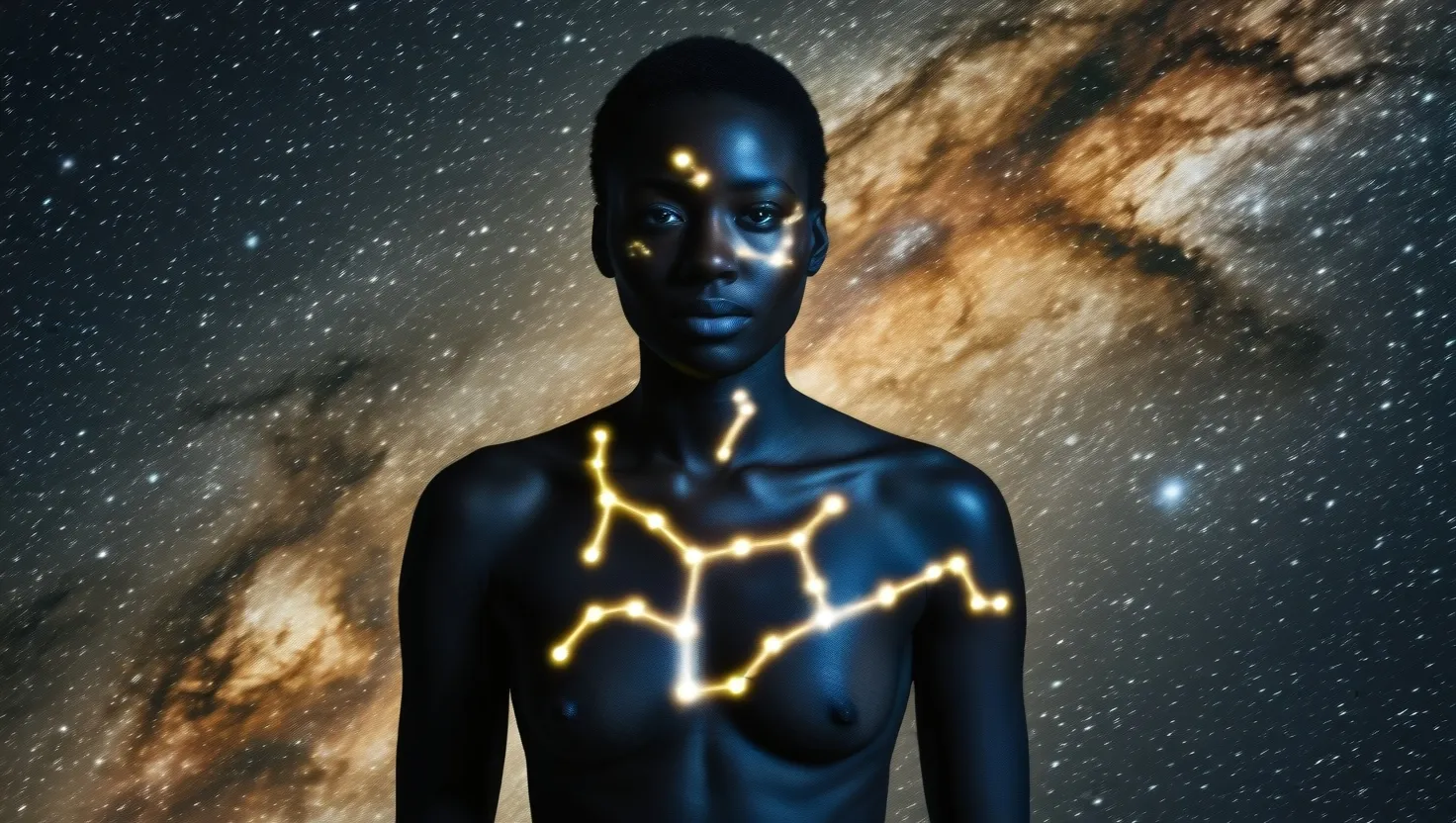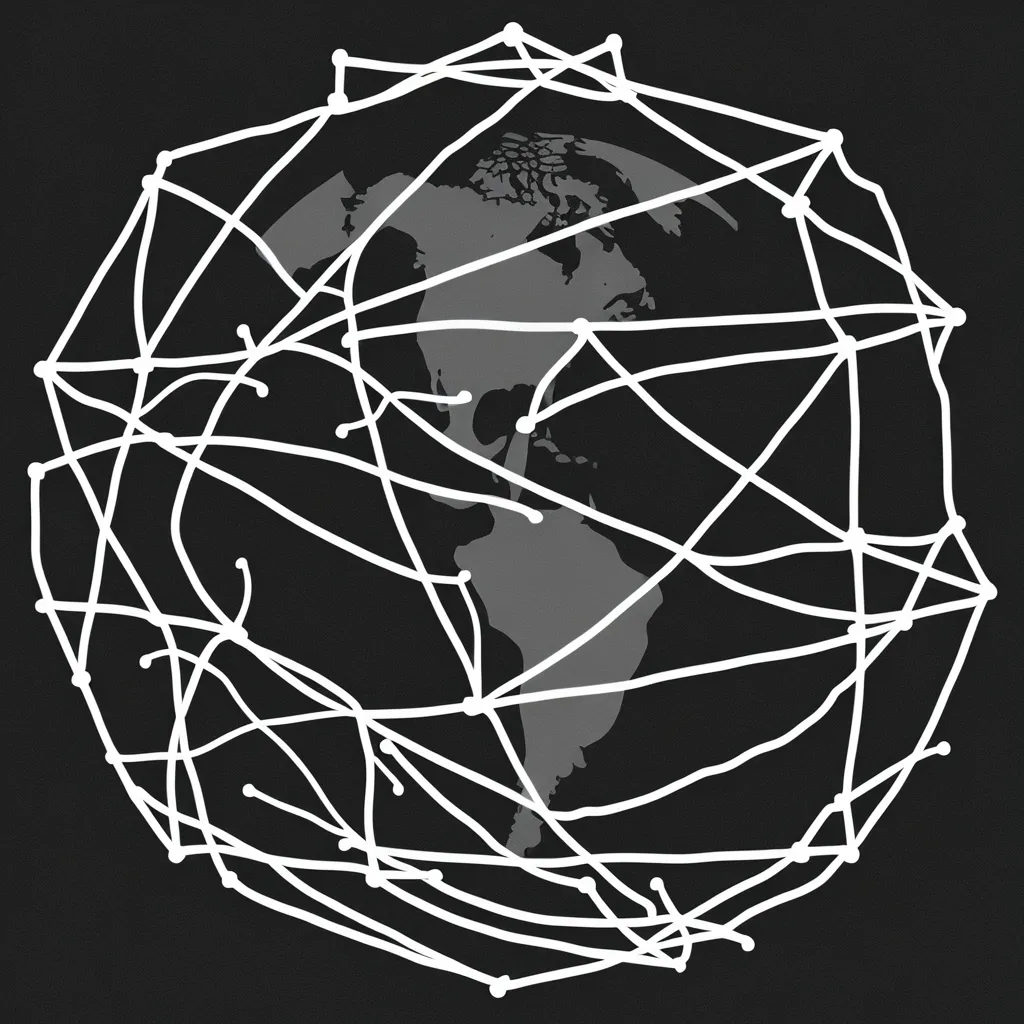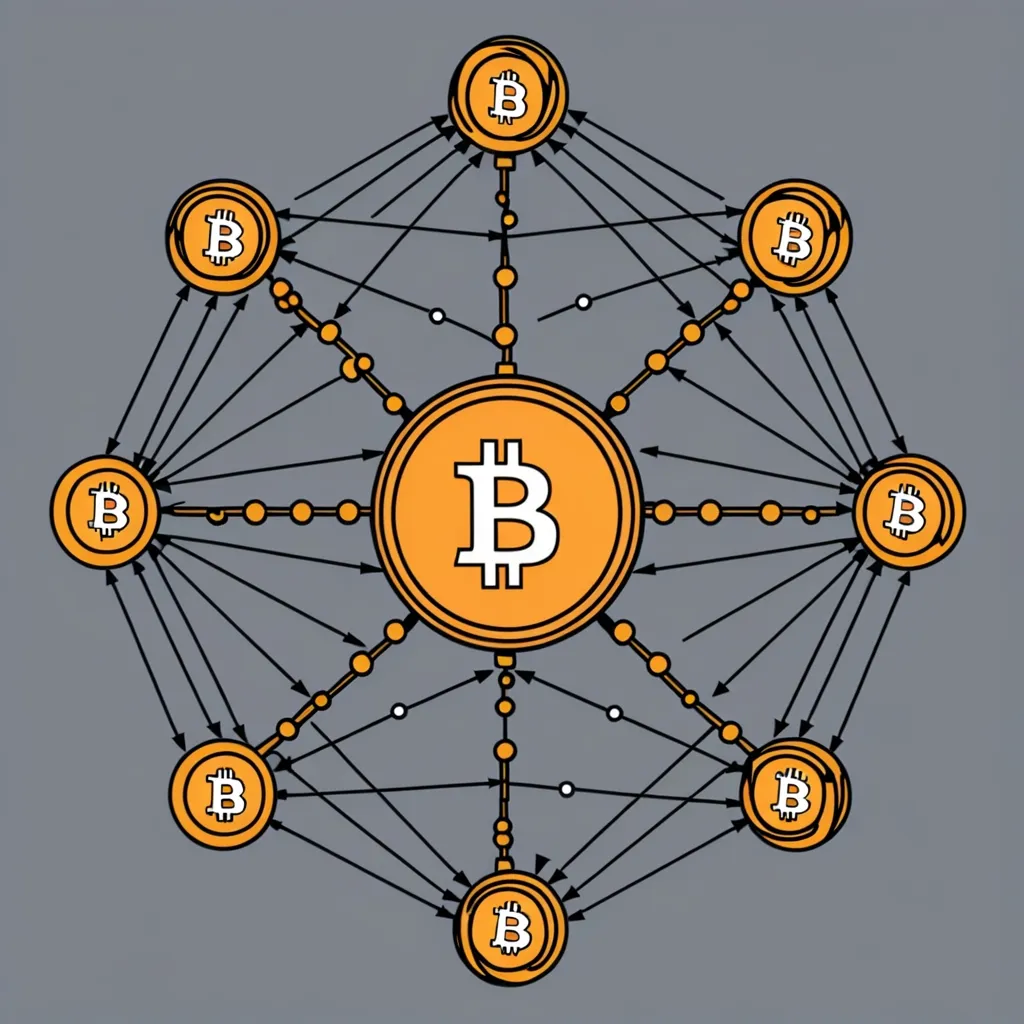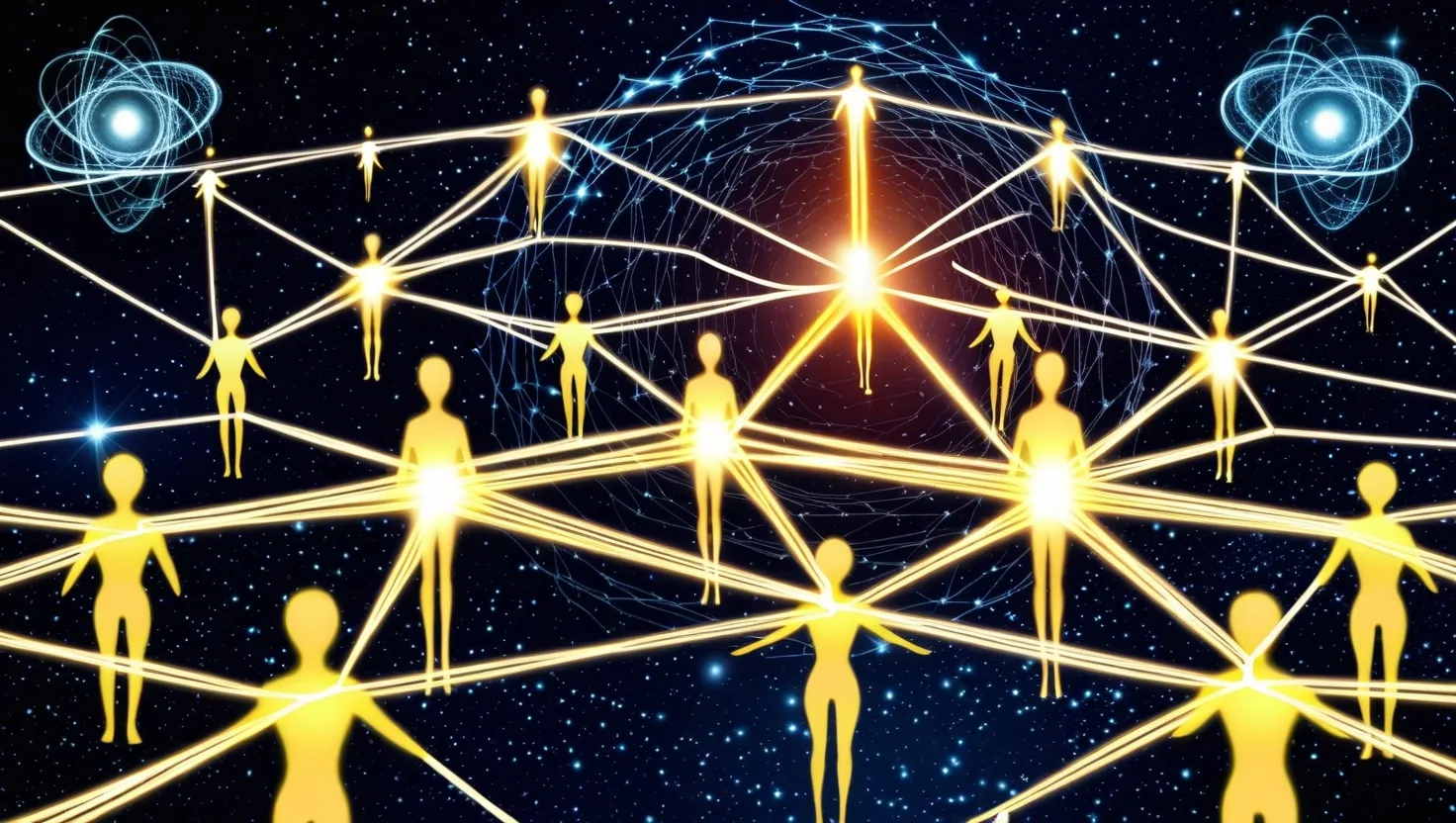The world came to a halt on August 31, 1997, as news of Princess Diana’s death spread. Her untimely demise in a car crash in Paris, along with her boyfriend Dodi Fayed and the driver Henri Paul, left a profound mark on millions. The tragedy sparked widespread sadness and has been the subject of endless speculation, with theories suggesting nefarious plots behind the accident.
Princess Diana, often affectionately called the “People’s Princess,” was only 36 when she died. Known for her humanitarian efforts and her role within the British royal family, she was escaping paparazzi in Paris when the fatal crash occurred in the Place de l’Alma underpass. The shock of her death resonated worldwide, with people from all walks of life expressing their grief and admiration for a figure who transcended royalty through empathy and compassion.
From the outset, theories of foul play took root, one of the most persistent being that the British royal family had orchestrated the accident. This idea found a vocal proponent in Mohamed Al Fayed, Dodi’s father, who alleged that Prince Philip had ordered the hit to prevent Diana from marrying Dodi, an Egyptian Muslim. Al Fayed believed that the royal family couldn’t bear the thought of the future king’s mother marrying outside Christian faith. This claim fed into the narrative of a royal conspiracy, fueling debates and suspicions even years later.
However, official investigations both in Britain and France refuted these claims. The French inquiry in 1999 placed the blame on negligent driving, influenced by an intoxicated Henri Paul, and not the paparazzi who were tailing the car. A British inquest in 2008 echoed this, declaring “unlawful killing” due to Paul’s gross negligence and the relentless paparazzi.
In response to the growing conspiracy theories, the Metropolitan Police undertook Operation Paget in 2004. The investigation aimed to meticulously examine the claims, including the 175 conspiracy allegations by Mohamed Al Fayed. After a thorough three-year probe led by Commissioner John Stevens, the conclusion was clear: no evidence supported the idea of a royal plot. Instead, it affirmed the already established notion that the crash resulted from reckless driving.
The royal family’s response to Diana’s death drew significant criticism. The lack of immediate public address by Queen Elizabeth II, which came only five days after the accident, raised eyebrows and questions about their priorities. Diana’s death also had a profound effect on her sons, particularly Prince Harry, who has spoken out about his pain and anger towards the paparazzi’s role in the tragedy. This delay in acknowledgment from the royal family didn’t sit well with the public and fueled ongoing conspiracy chatter.
Diana’s passing left an indelible mark on the monarchy and the public. The dramatic wave of mourning it triggered forced the royal family to rethink how they relate to the media and the people. The unprecedented outpouring of grief and the global admiration for Diana’s work highlight her legacy, which lives on through charities and humanitarian initiatives she supported.
Yet, despite exhaustive investigations and official reports, lingering questions about Diana’s death persist. The lack of complete transparency and the royal family’s delayed response have kept conspiracy theories alive. Missing puzzle pieces and inconsistencies mentioned by various investigators leave room for ongoing speculation.
As time continues to pass, Princess Diana’s memory remains vivid. The mountains of flowers that once overwhelmed the gates of Kensington Palace may have diminished, but the potential cover-ups and the shared global grief resonate on. The persistent conspiracy theories serve as a reminder of the tangled web of high-profile tragedies. Even though official inquiries concluded it as an accident, the public’s quest for definitive answers ensures that the discussion around Princess Diana’s life and tragic end remains active.
Ultimately, the death of Princess Diana underlines the heavy toll of fame and the enduring impact that public figures have on society. Her legacy, despite being overshadowed by the tragic circumstances of her death, continues to inspire acts of charity and humanitarian aid worldwide. Reflecting on her life and the way she touched countless lives brings back the essential values of kindness, compassion, and the relentless pursuit of truth and transparency in times of tragedy.
